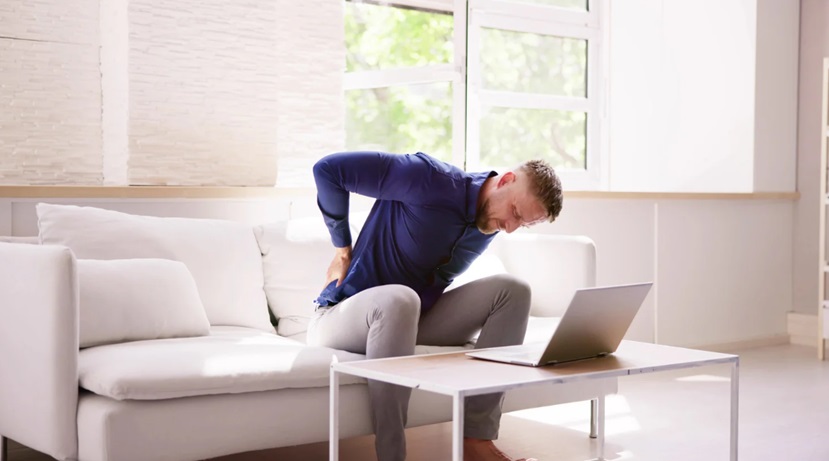
Poor posture is more than just an aesthetic issue; it significantly impacts your overall health, particularly your spine. Many people don’t realize that slouching or improper alignment over time can lead to chronic back pain. Utilizing tools such as a spine decompression chair can offer relief by addressing spinal alignment and improving posture. Understanding the correlation between posture and back pain is essential for adopting measures to prevent long-term discomfort. Let’s explore this connection in detail and discuss when professional intervention may become necessary.
How Poor Posture Affects Your Back
Poor posture can place unnecessary strain on your muscles and ligaments, creating imbalances in the body. Over time, these imbalances can alter the natural curves of your spine, leading to persistent back pain. Whether you’re sitting hunched over a desk or consistently favoring one side while standing, these habits can have a cumulative effect.
The discomfort often starts subtly, with mild aches or stiffness in the shoulders, neck, or lower back. Without intervention, the strain increases, potentially resulting in herniated discs, spinal misalignments, or more severe conditions.
When to Consider Medical Attention for Back Pain
Recognizing the link between posture and back pain means knowing when it’s time to seek help. If your pain persists or worsens despite making adjustments to your posture or lifestyle, it’s critical to understand when to see a doctor for back pain. For instance, if you experience symptoms like numbness, weakness, or a sharp shooting pain, it could point to an underlying concern that requires professional evaluation. Seeking timely care ensures that the issue doesn’t escalate into something more complicated.
Taking proactive measures, such as consulting an expert, can help diagnose the problem early and prevent it from becoming chronic. Left untreated, poor posture and its resulting complications can affect your quality of life and limit your mobility.
The Importance of Professional Solutions
Once back pain develops due to poor posture, it becomes crucial to address it professionally rather than rely on quick fixes. Medical-grade solutions are designed to target the root cause of the pain rather than just masking the symptoms. Corrective techniques like spinal decompression therapy have proven to be particularly effective in many cases.
Studies emphasize the role of spinal decompression chairs in posture improvement, showcasing their effectiveness in enhancing spinal alignment and reducing discomfort. These chairs are designed to relieve spinal pressure, promote proper alignment, and enhance muscle support. Unlike makeshift remedies, professional tools ensure consistent and targeted relief, fostering better, long-lasting posture habits.
How Maintaining Proper Posture Pays Off
Improving your posture brings more than just pain relief—it can positively influence your mental and physical well-being. Good posture supports your respiratory system, aligns your spine, and boosts confidence. Furthermore, it reduces the likelihood of developing other musculoskeletal issues, allowing you to stay active and comfortable in your daily life.
Combining ergonomic adjustments with expert-recommended treatments like a spine decompression chair strengthens your spine and helps you maintain proper posture long-term. Consulting a professional to guide you through this process ensures the changes you’ve made become permanent and effective.
Conclusion
The connection between poor posture and back pain is undeniable, yet it is often overlooked until the pain becomes unmanageable. Addressing this issue early through professional intervention can save you from chronic pain and long-lasting complications. Whether incorporating advanced solutions like spinal decompression chairs or knowing when to seek medical help, proactive care is key. By adopting proper posture and relying on expert assistance, you can safeguard your spine and live a healthier, pain-free life.
